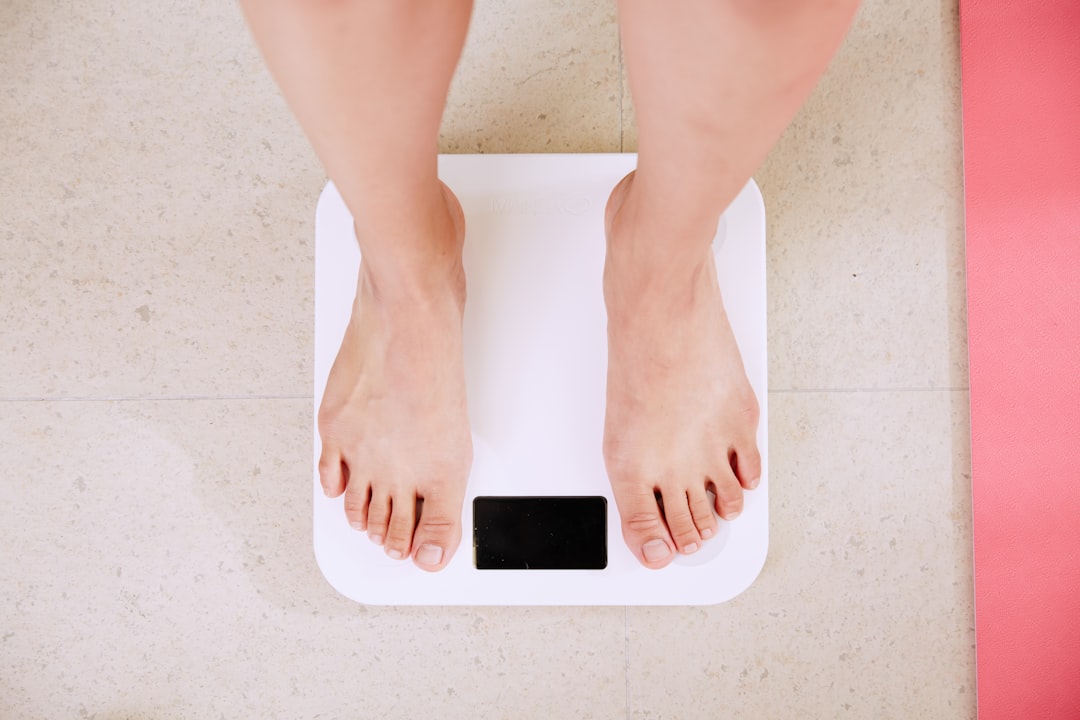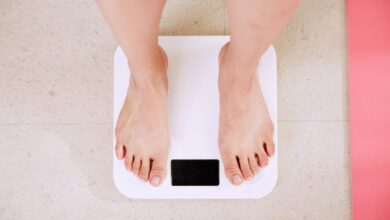Can Black Coffee Really Melt Fat? The Truth!

Hey coffee lovers! Ever heard the buzz about black coffee and its supposed fat-melting powers? As a health and wellness blogger, I’m constantly digging into these claims, and today, we’re going to spill the beans (pun intended!) on whether black coffee can truly help you shed those extra pounds. So, grab your favorite mug, and let’s get started!

The Allure of Black Coffee: More Than Just a Morning Pick-Me-Up
Black coffee, for many, is a daily ritual. It wakes us up, gets us going, and provides that much-needed energy boost. But beyond the simple pleasure, black coffee boasts some interesting compounds that might actually play a role in weight management. We’re talking mainly about caffeine, its star player, and antioxidants.
Caffeine is a stimulant, meaning it revs up your nervous system. This stimulation leads to a temporary increase in your metabolic rate. Think of your metabolism as your body’s engine – the faster it runs, the more calories you burn. So, caffeine can give your metabolism a little nudge, helping you burn slightly more calories throughout the day.
Beyond caffeine, black coffee contains antioxidants like chlorogenic acid. While research is still ongoing, some studies suggest that chlorogenic acid might influence how your body processes blood sugar and fat. Some believe it can help reduce the absorption of carbohydrates, which could indirectly contribute to weight loss. However, it’s crucial to remember that the effect is likely small and not a magic bullet.
How Black Coffee Might Help You Manage Weight
Okay, so we know black coffee has caffeine and antioxidants. But how does this translate to actual fat loss? Let’s break it down:
- Increased Metabolism: As mentioned, caffeine can boost your metabolic rate, leading to a slightly higher calorie burn.
- Appetite Suppression: Caffeine can also act as a mild appetite suppressant for some people. This means you might feel less hungry after drinking black coffee, leading to reduced calorie intake.
- Enhanced Exercise Performance: A cup of black coffee before a workout can potentially improve your endurance and focus. This allows you to push harder and longer, burning more calories in the process.
- Diuretic Effect: Coffee has a mild diuretic effect, meaning it can help your body get rid of excess water. This can lead to a temporary decrease in weight, though it’s important to remember this is water weight, not fat loss.
However, it’s critical to note that these effects are usually moderate and vary from person to person. Factors like your caffeine tolerance, genetics, diet, and activity level all play a role.
The Catch: What Black Coffee Isn’t
Now, let’s get real. While black coffee might offer some potential benefits for weight management, it’s not a miracle fat-melter. Here’s what it isn’t:
- A Substitute for a Healthy Diet: You can’t out-coffee a bad diet! Black coffee won’t magically erase the effects of processed foods, sugary drinks, and excessive calories.
- A Replacement for Exercise: While it can enhance your workout, black coffee isn’t a substitute for regular physical activity. Exercise is crucial for building muscle, burning calories, and overall health.
- A Quick Fix: Weight loss is a journey, not a destination. Black coffee can be a helpful tool, but it’s not a quick fix that will deliver instant results.
Relying solely on black coffee for weight loss is not sustainable or healthy. A balanced diet, regular exercise, and adequate sleep are all essential components of a successful weight management strategy.
Important Considerations and Safety Tips
Before you start chugging black coffee in hopes of melting fat, there are a few things you should keep in mind:
Moderation is Key: Too much caffeine can lead to jitters, anxiety, insomnia, and digestive issues. Stick to a moderate intake of 2-3 cups of black coffee per day.
Listen to Your Body: Everyone reacts differently to caffeine. Pay attention to how black coffee affects you and adjust your intake accordingly. If you experience any negative side effects, reduce or eliminate your coffee consumption.
Watch Out for Additives: Adding sugar, cream, or flavored syrups to your black coffee can negate any potential weight loss benefits. These additives add extra calories and can spike your blood sugar levels.
Consider Underlying Health Conditions: If you have any underlying health conditions, such as heart problems, anxiety, or insomnia, talk to your doctor before increasing your caffeine intake.
Black Coffee vs. Other Beverages: A Comparison
Let’s see how black coffee stacks up against other popular beverages when it comes to weight management:
- Black Coffee vs. Sugary Drinks: Black coffee is a clear winner here! Sugary drinks like soda and juice are loaded with empty calories and can contribute to weight gain. Black coffee, on the other hand, is virtually calorie-free (when consumed without additives).
- Black Coffee vs. Diet Soda: While diet soda is also low in calories, it often contains artificial sweeteners that can have negative effects on your gut health and appetite regulation. Black coffee is a more natural and potentially healthier option.
- Black Coffee vs. Green Tea: Green tea also contains caffeine and antioxidants, and some studies suggest it can have similar weight management benefits as black coffee. The choice between the two often comes down to personal preference.
Frequently Asked Questions
Does black coffee break a fast?
Generally, black coffee is considered acceptable during intermittent fasting because it has very few calories. However, some people who are strict fasters prefer to avoid it, as the caffeine could potentially trigger a small insulin response. It’s best to listen to your body and see how it affects you.
Can I drink black coffee on an empty stomach?
For some people, drinking black coffee on an empty stomach can cause digestive discomfort, such as heartburn or acid reflux. If you experience these symptoms, try having your coffee with a small amount of food or after a meal.
Is decaf black coffee beneficial for weight loss?
Decaf black coffee contains antioxidants like chlorogenic acid, which may offer some of the potential benefits we discussed. However, it won’t provide the same metabolic boost or appetite suppression as caffeinated coffee.
How soon before a workout should I drink black coffee?
For best results, drink black coffee about 30-60 minutes before your workout. This gives the caffeine time to kick in and enhance your performance.
The Bottom Line: Black Coffee as a Weight-Management Ally
So, can black coffee really melt fat? The truth is, it’s not a magic bullet. But it can be a helpful ally in your weight management journey when combined with a healthy diet and regular exercise. Enjoy your cup of joe responsibly, listen to your body, and remember that sustainable lifestyle changes are the key to long-term success. Cheers to your health!



